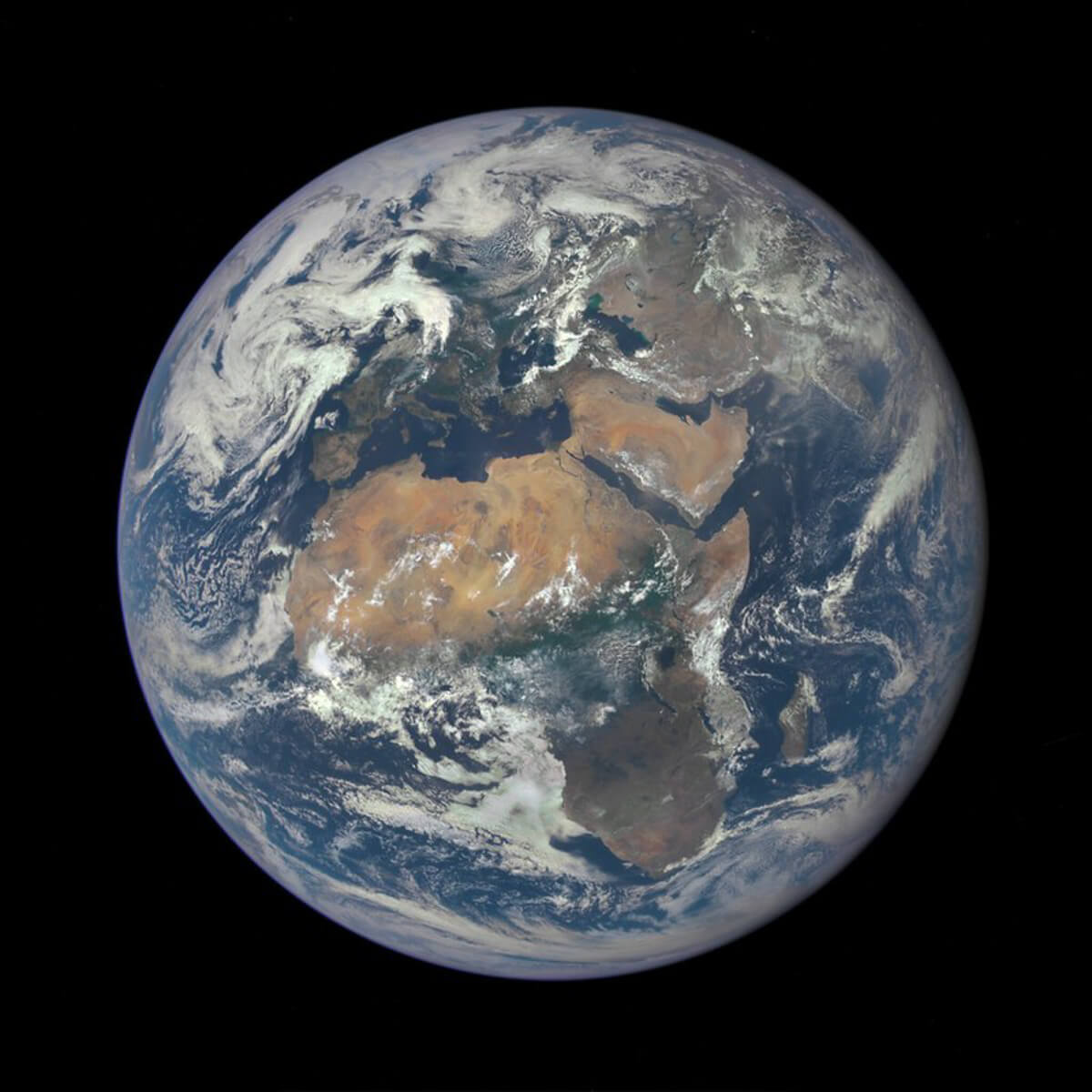AP World History
Comprehensive Weekly Tutoring Program
- Structured weekly group program: Bree offers a structured weekly tutoring program to help students better navigate this difficult college-level course. During the school year, Bree teaches her AP World History students the course content and more, helping them prepare for their multiple choice tests, FRQs, Finals, and the May AP Exam (see College Board Course Content Description, below). One-hour prepared group lesson per week; instruction takes place at the same day/time.
- New group formation: If an open weekly group does not currently exist, it takes 4 students minimum to form a group (students must provide partners who attend the same school). Space is limited and spots fill on a first-come, first-served basis. There is a waitlist system in place.
- As-needed private help: While most students prefer the guidance, support, and resources associated with Bree’s structured weekly program, Bree is also available on an as-needed basis when students need help on a particular topic.
AP World History
Skill Building Workshops
Bree’s AP World History Skill Building Workshops are open to all AP World History students, whether or not they belong to her structured weekly tutoring program.
-
AP World History Summer Boot Camp — what to expect and how to excel, plus
preparation for the first assessment
(4-hours) -
AP World History Writing and Multiple Choice Workshop
(2-hours) -
Geography Skill Building: World Map Test Crash Course
(1-hour) -
Structured AP World History Exam Review Program
(4-hours)
